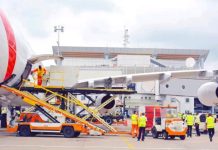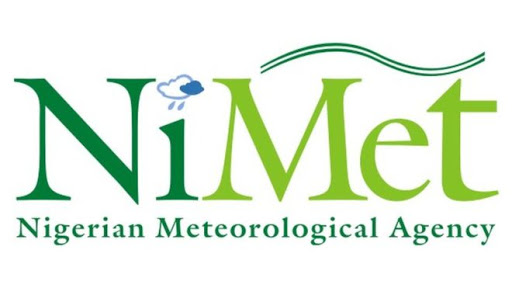The Nigerian Meteorological Agency (NiMet) faces a potential nationwide strike as its staff, under the umbrella of several aviation unions, have issued a 14-day ultimatum to the Federal Government to address outstanding issues related to staff welfare and unpaid entitlements.
In a joint letter dated January 21, 2025, and addressed to NiMet’s Director-General, Prof. Charles Anosike, unions including the National Union of Air Transport Employees (NUATE), the Amalgamated Union of Public Corporations, Civil Service Technical and Recreational Services Employees (AUPCTRE), and the Association of Nigerian Aviation Professionals (ANAP), listed a series of grievances.
The letter, signed by NUATE General Secretary Ocheme Aba, AUPCTRE General Secretary Sikiru Waheed, and ANAP Secretary-General Abdulrasaq Saidu, highlighted long-standing issues, including:
- Non-implementation of the new minimum wage.
- Non-payment of nine months’ arrears from the 2019 Minimum Wage Act.
- Non-payment of 40% peculiar allowance and hardship allowance.
- Failure to comply with ministerial directives on service condition reviews.
- Non-payment of a 25-35% wage award.
- Inaction on transitioning from the CONMETSS salary structure.
Union leaders expressed frustration over the agency’s refusal to address these issues despite multiple attempts at dialogue. They described NiMet’s management as “lethargic” and accused it of ignoring the welfare of workers who are among the lowest-paid in the aviation sector.
The unions warned that should their demands remain unmet, all NiMet staff would withdraw their services beginning at 6 a.m. on Tuesday, February 4, 2025. This could disrupt critical weather forecasting and aviation operations nationwide.
NiMet staff have also petitioned President Bola Tinubu, Aviation Minister Festus Keyamo, and the Secretary to the Federal Government, calling attention to wage disparities between NiMet and other aviation agencies like FAAN and NCAA.
The unions demanded immediate action to avert the strike, which could have significant implications for aviation safety and operations across Nigeria.













